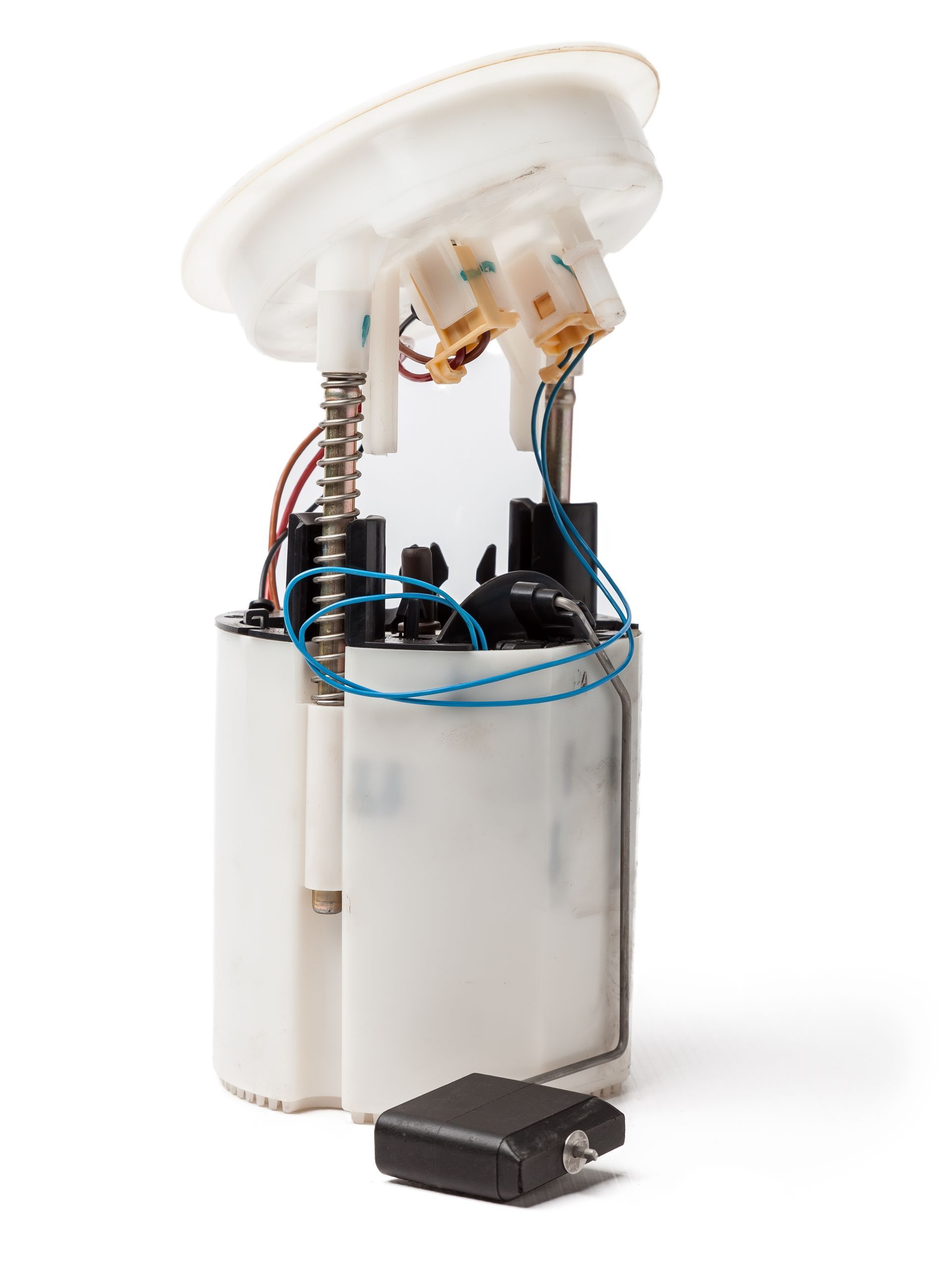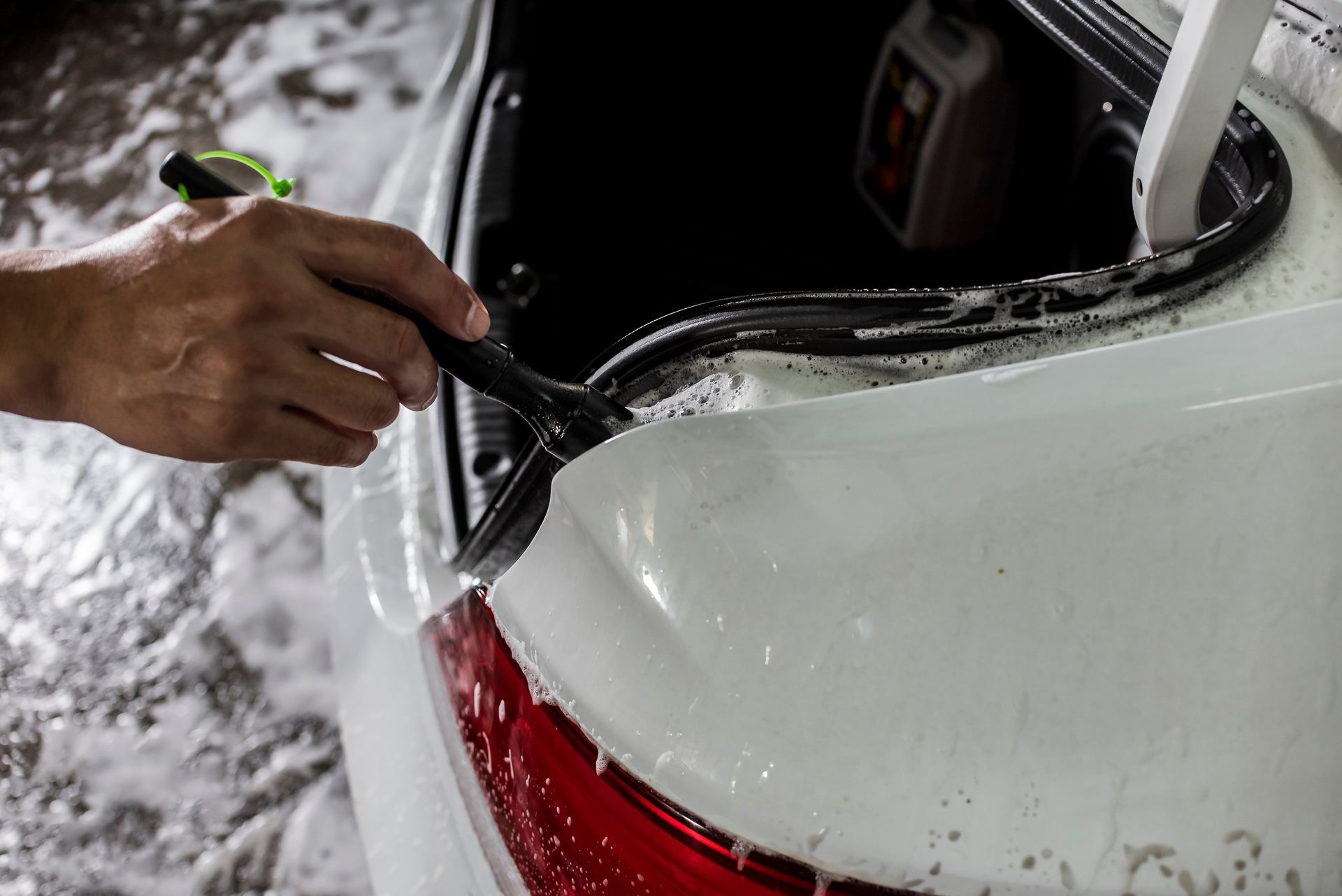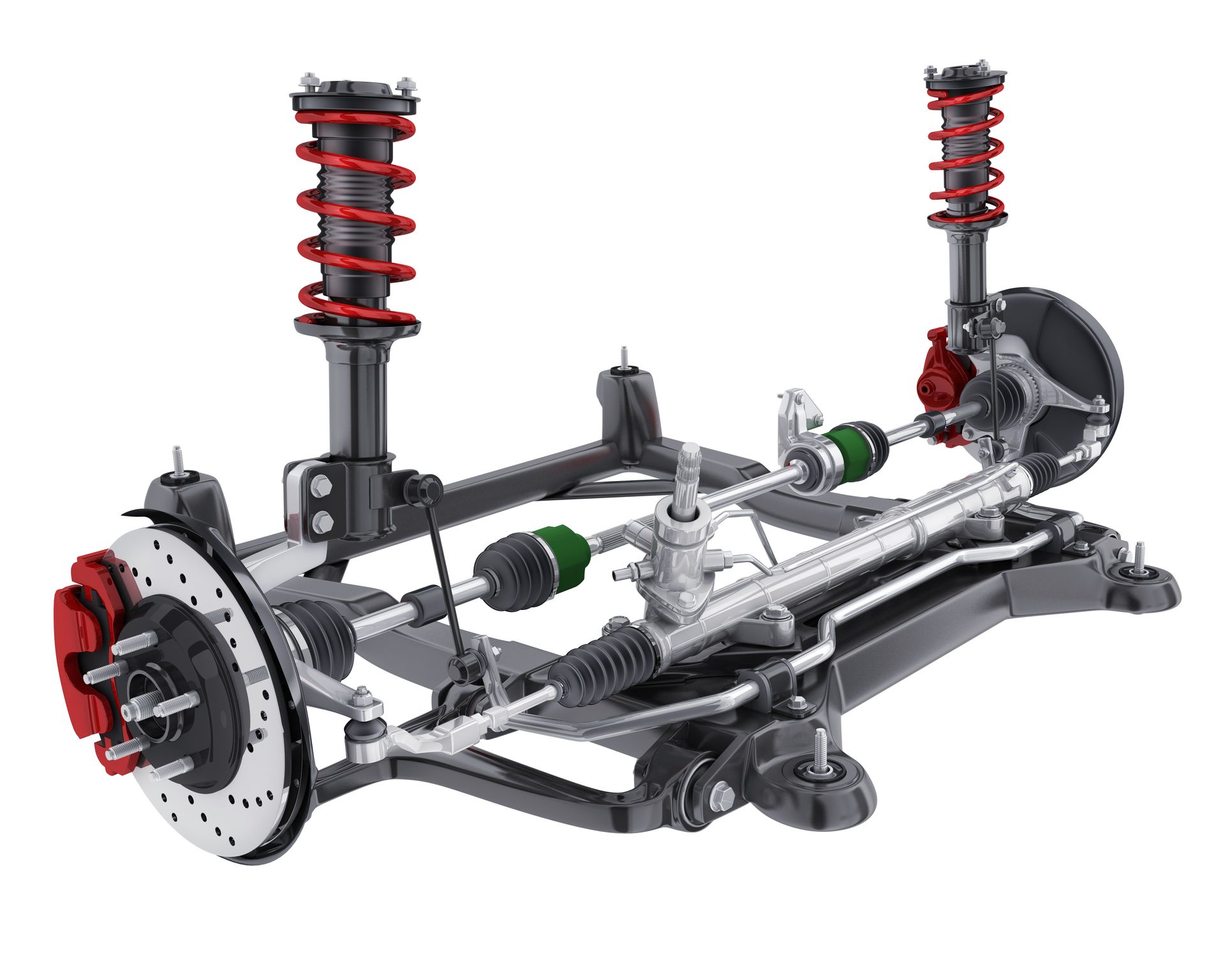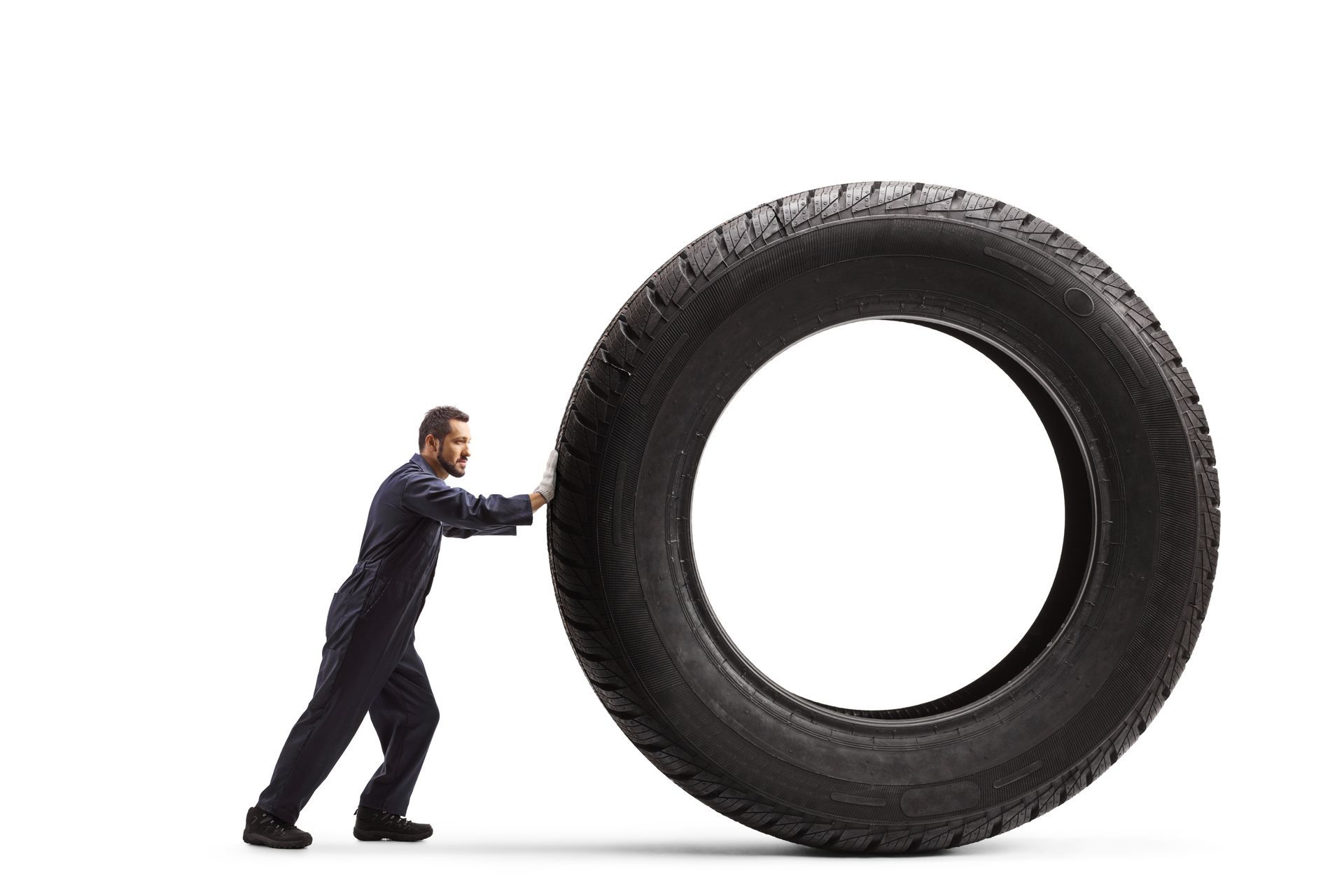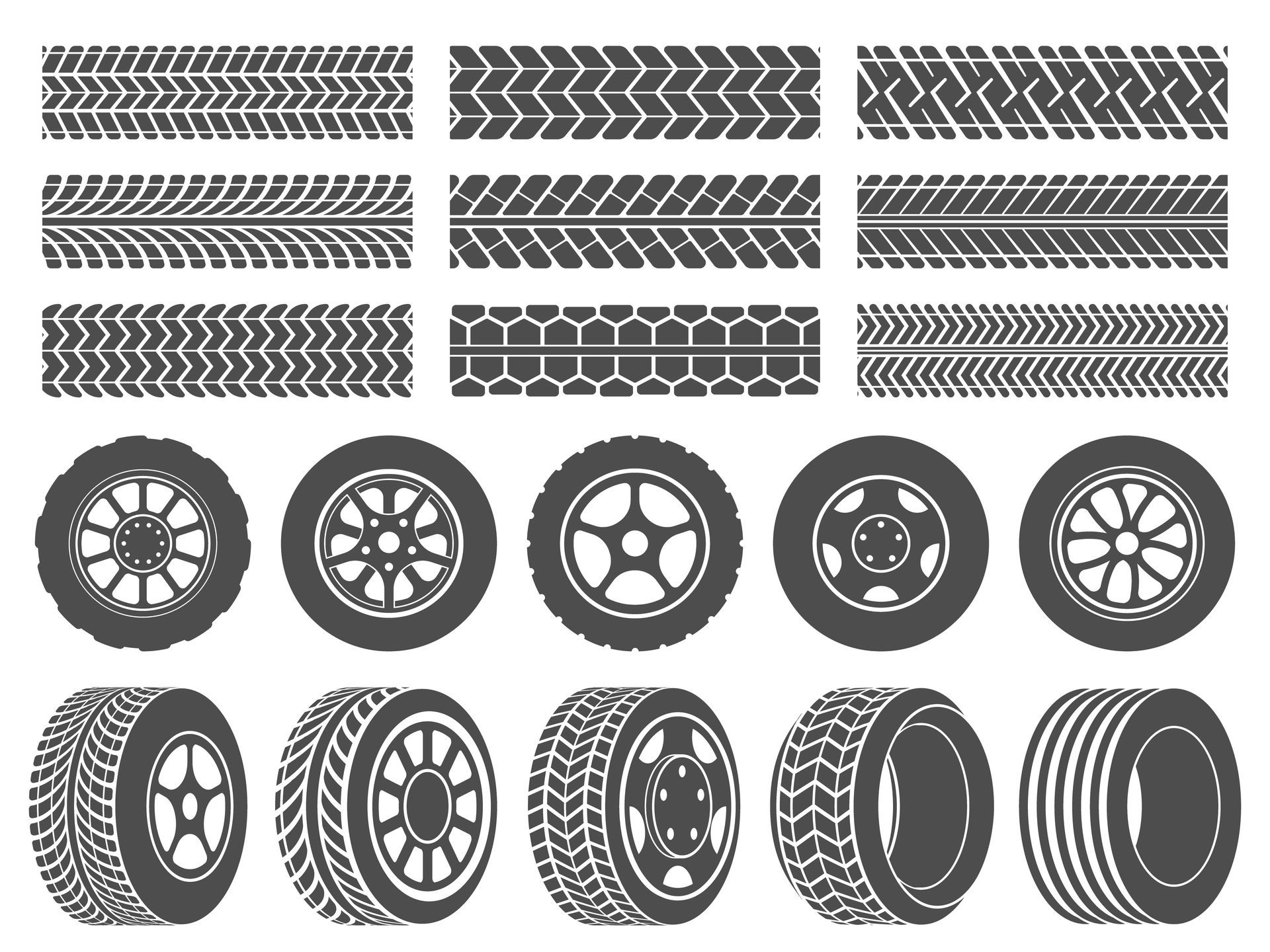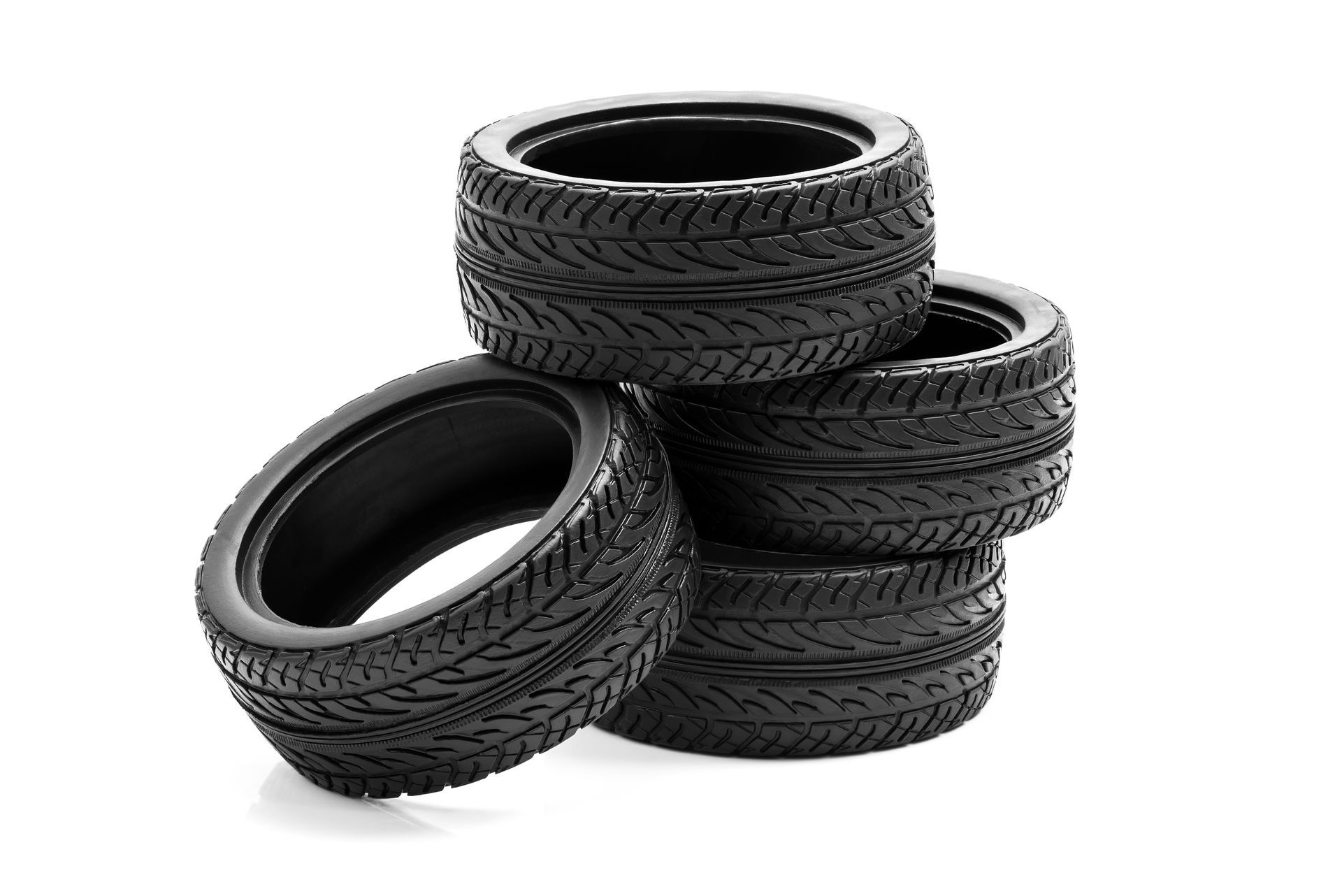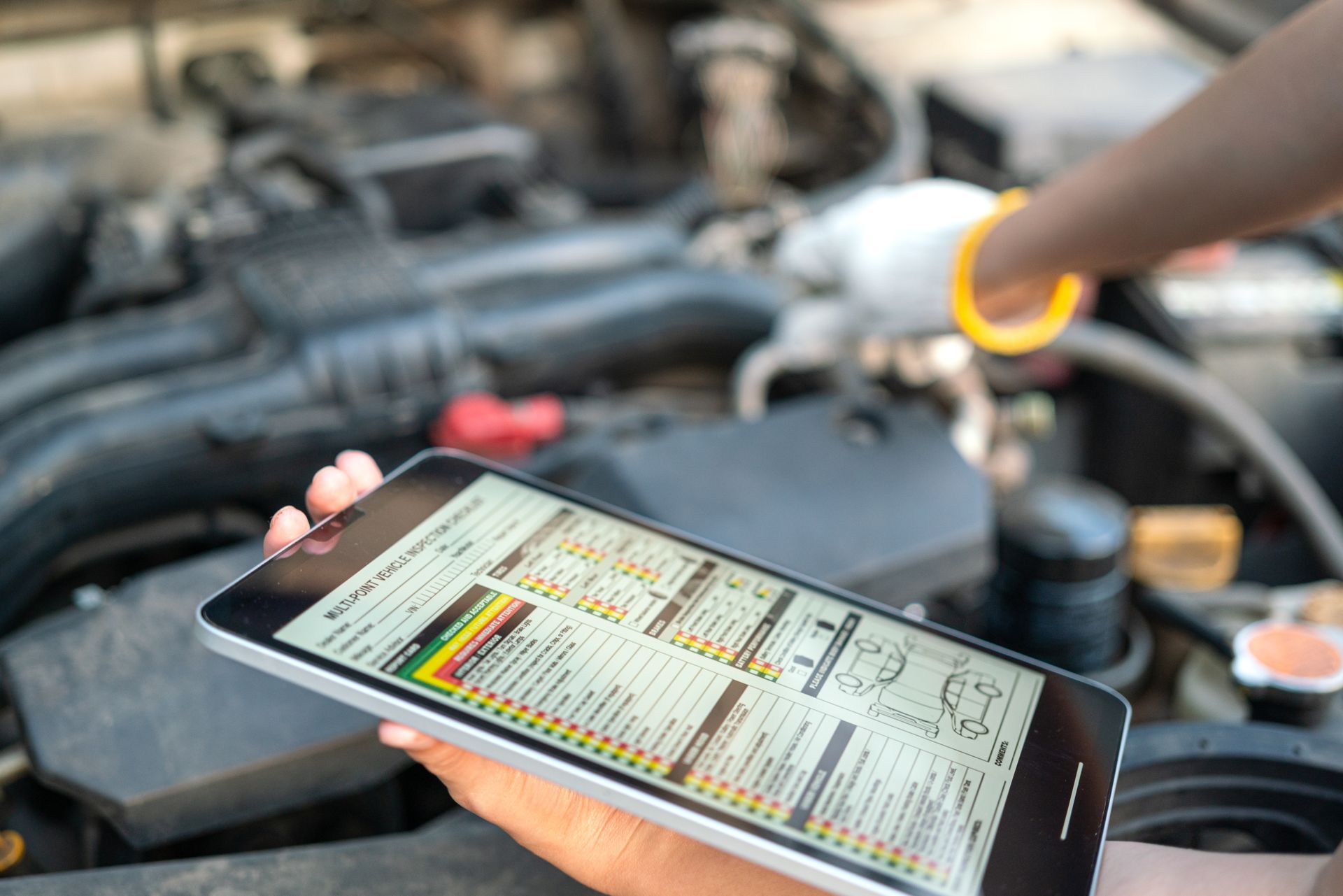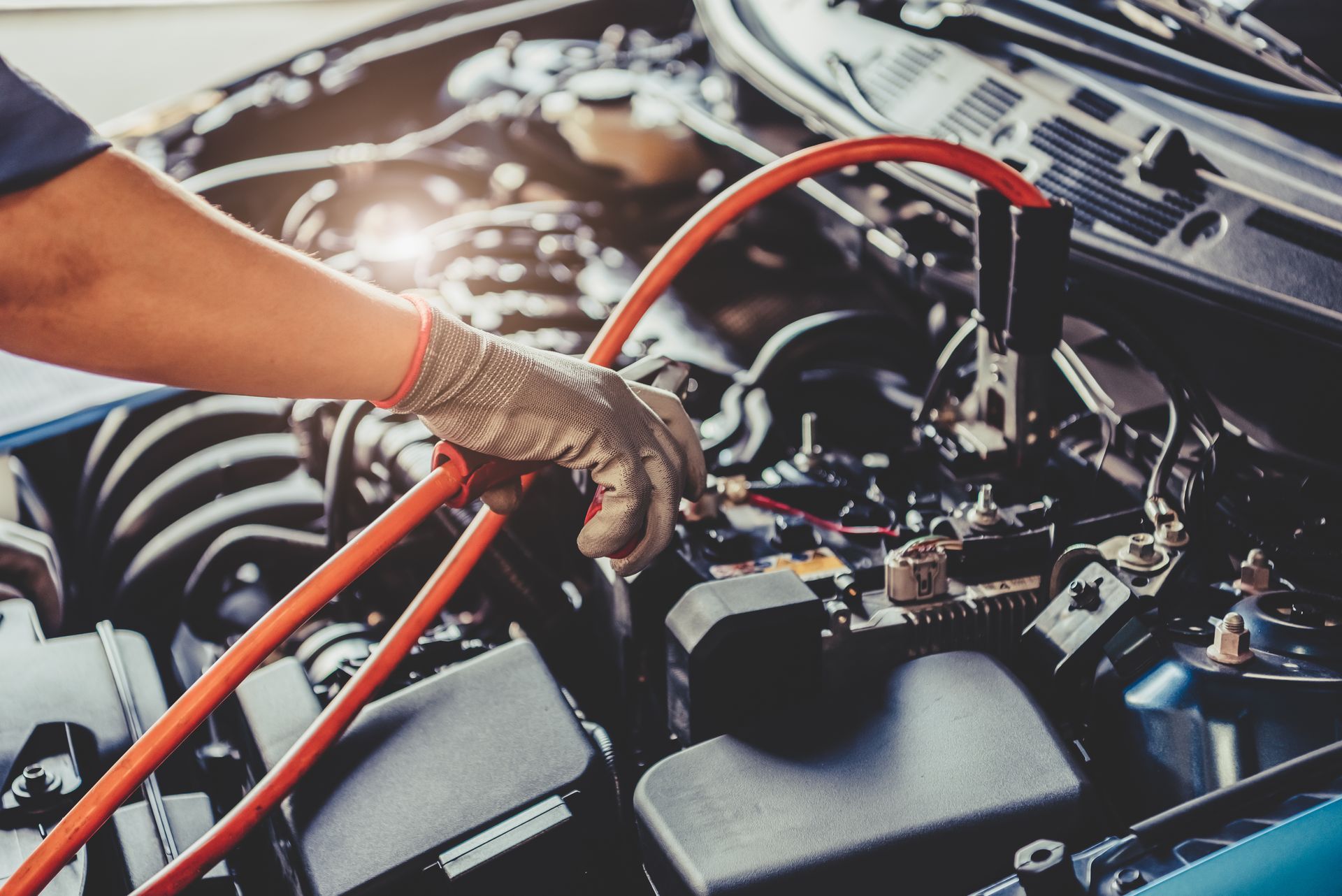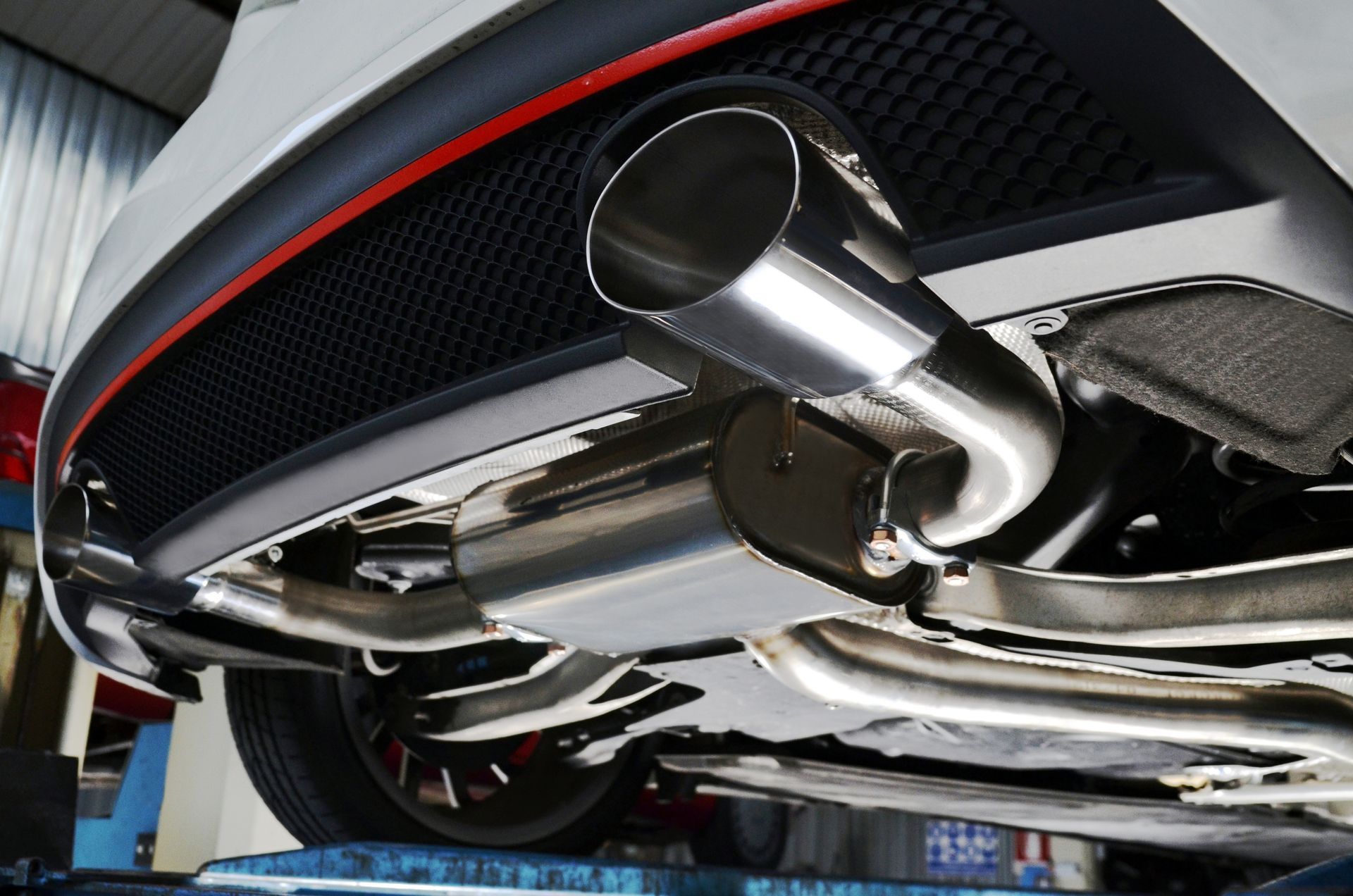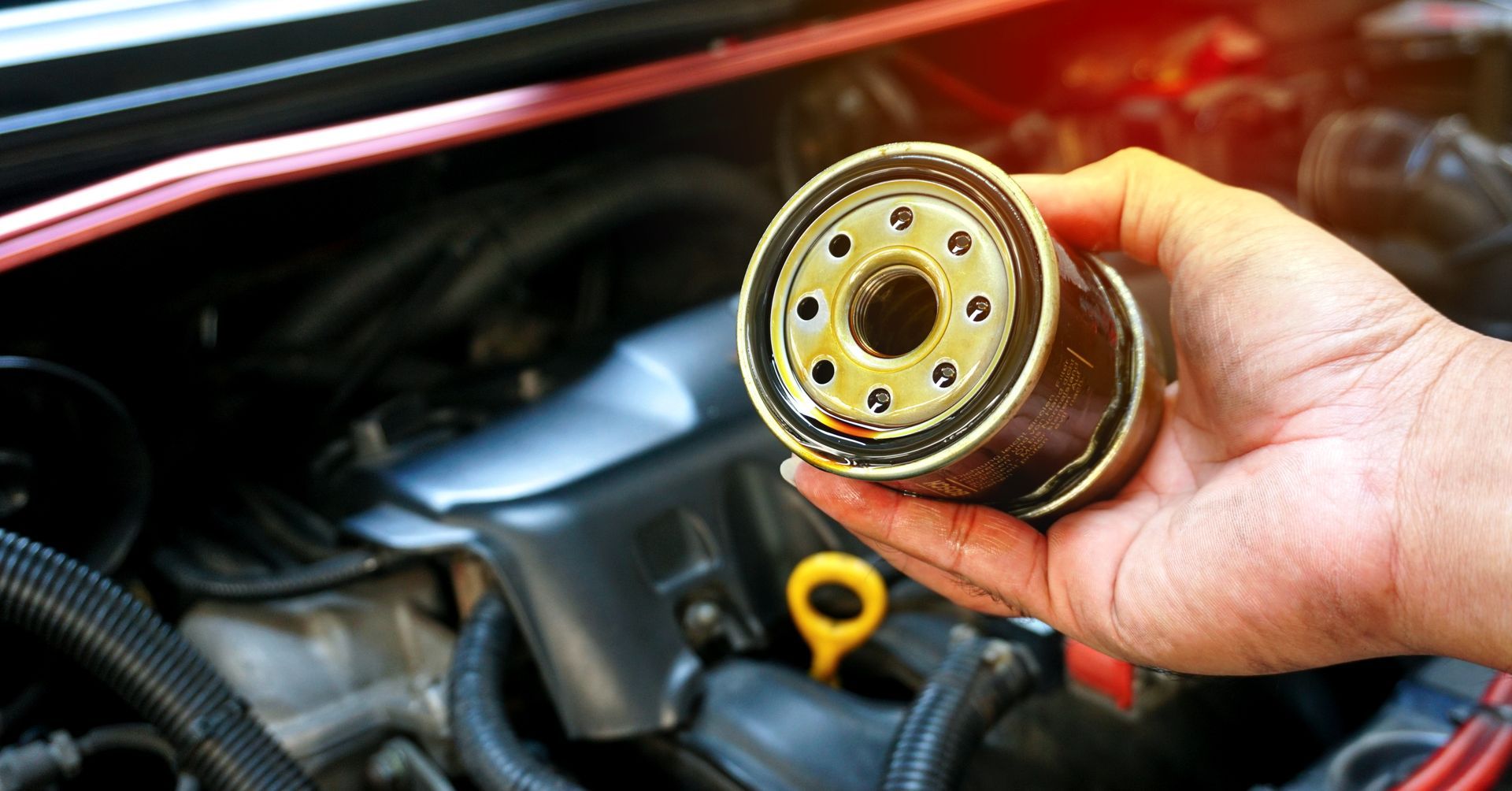The holiday season is a time for joy, family gatherings, and plenty of road trips. Whether you’re heading to a cozy cabin in the mountains or driving cross-country to visit relatives, ensuring your car is ready for the journey is important. The last thing you want is to be stranded on the side of the road due to a preventable issue. So, how can you make sure your vehicle is up for the trip?
Start with a Comprehensive Vehicle Inspection
Before embarking on any long drive, it’s important to give your car a thorough check-up. Think of it as a health exam for your vehicle. A comprehensive inspection can help catch minor issues before they become major problems on the road. Key areas to focus on include:
- Fluids: Check all your car’s vital fluids — engine oil, coolant, transmission fluid, brake fluid, and power steering fluid. Low or dirty fluids can affect your car’s performance, so top them off or get them changed as needed.
- Tires: Your tires are literally where the rubber meets the road. Make sure they’re in good shape by inspecting the tread depth and looking for any signs of wear or damage. Don’t forget to check the tire pressure, including the spare! Properly inflated tires improve fuel efficiency and provide better handling.
- Battery: The cold winter months can be tough on car batteries. If your battery is more than three years old or shows signs of weakness, consider getting it tested or replaced to avoid being stuck with a dead battery.
- Brakes: Your brakes are essential for your safety. Listen for any unusual noises like squealing or grinding when you apply the brakes. If you notice anything out of the ordinary, it’s best to get them checked by a professional.
Don’t Forget Your Lights and Wipers
Good visibility is key to safe driving, especially during winter when the days are shorter and weather conditions can change in the blink of an eye. Before you set off, take a few minutes to ensure all your lights are working properly. This includes headlights, brake lights, turn signals, and hazard lights. Replace any burnt-out bulbs, and consider cleaning your headlights if they look cloudy.
Your windshield wipers are another critical component that often gets overlooked. If they’re leaving streaks or are more than a year old, it’s time to swap them out for a new pair. Also, make sure your windshield washer fluid is topped up — and choose one designed to handle freezing temperatures to prevent it from icing up.
Pack an Emergency Kit
Even if you’ve taken all the precautions, sometimes the unexpected happens. That’s why having an emergency kit in your car is a smart move. A well-stocked kit can turn a potential disaster into a minor inconvenience. Here are some essentials to include:
- First Aid Kit: Bandages, antiseptic wipes, and pain relievers can come in handy.
- Jumper Cables: A dead battery can strike at any time, especially in cold weather.
- Basic Tools: A multi-tool, duct tape, and a flashlight can be lifesavers.
- Blanket and Warm Clothes: If you get stranded, staying warm is crucial.
- Snacks and Water: Non-perishable snacks and bottled water can keep you comfortable if you’re stuck waiting for help.
Adding a fully charged phone power bank to your kit is also a good idea. That way, you’ll be able to call for assistance even if your car’s battery dies.
Plan Your Route and Stay Updated
While it’s tempting to just hop in the car and go, taking a little time to plan your route can save you a lot of headaches. Use navigation apps that provide real-time traffic and weather updates. This way, you can avoid any major delays and stay clear of bad weather whenever possible.
If you’re traveling through areas known for snow and ice, make sure you’re prepared for those conditions. Keep a snow brush, ice scraper, and tire chains (if needed) in your car. It’s also wise to let someone know your travel plans, especially if you’re driving through remote areas.
Fuel Up and Keep an Eye on Your Gauges
Starting your trip with a full tank of gas is a no-brainer, but don’t let it drop too low during your journey. Winter conditions can cause unexpected delays, and the last thing you want is to run out of fuel on a lonely stretch of highway. It’s a good habit to refill once you’re at half a tank, especially if you’re driving in rural or unfamiliar areas.
As you drive, keep an eye on your dashboard gauges. Unusual readings, like a sudden drop in oil pressure or a spike in engine temperature, can be early warning signs of trouble. Addressing these issues immediately can prevent bigger, costlier repairs down the road.
Stay Focused and Take Breaks
Holiday travel often means longer drives, which can lead to fatigue. To stay alert, take regular breaks to stretch your legs, grab a snack, and rest your eyes. If you’re feeling drowsy, don’t push yourself — pull over in a safe place and take a short nap if needed. Better yet, share the driving responsibilities with another licensed passenger if you can.
Remember, the goal is to arrive at your destination safely, so there’s no need to rush. Staying calm and patient behind the wheel can make a big difference in keeping you and your passengers safe.
Don’t hit the road unprepared. Let
Reeves Tire & Automotive take care of your vehicle’s maintenance needs before your next trip. Book your appointment now and enjoy a worry-free drive!

